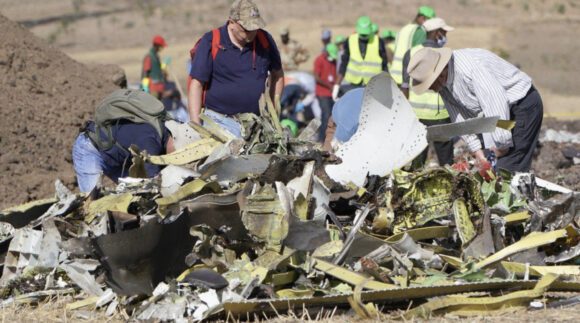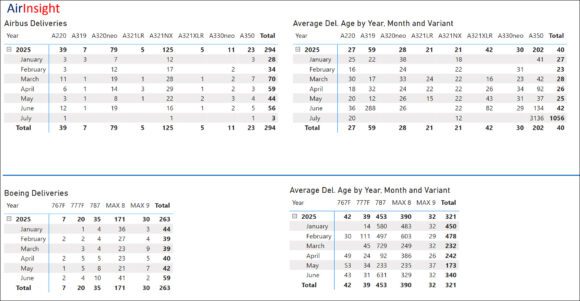Pardon me if I yawn while composing a story about the WTO, an organization that appears to have been established for the benefit of the legal profession and generally produces nothing substantive in its decisions. And typically, if it does favor one side versus another in aviation, a matching case from the other side is typically later found to balance the ledger, resulting in nothing of substance ever happening.
Just like the Russian-Election scandal or Hillary private email server scandal, the results are a lot of bluster, spin doctoring, a lot of legal fees, and no difference or impact on the industry. Both sides typically declare victory, and the world goes on as before. If you would like to read the 267 page decision, it can be downloaded here. If you suffer from insomnia, this is a great pre-bedtime cure.
Today, an appeal decision was reached on a case brought in 2004 and initial ruled on in 2011 that essentially concluded that Europe had provided billions in subsidized financing to Airbus from 1968 through 2006. After numerous appeals Boeing appears to have won the ruling, but not as decisively as it might have been. The WTO appeals panel agreed with earlier findings that the European repayable launch investment loans do not constitute a prohibited subsidy, it ruled that Europe needs to make modifications and correct errors related to the A350 and A380.
The WTO continues to study a countervailing claim from Airbus related to State of Washington aid that initial found it to be illegal, and is now under appeal. Airbus expects a win in that case will offset any findings in this case.
What we know for certain, as of now, is that there is a lot of spin being reported by both sides. Boeing has claimed victory, after the panel ruled that EU members provided $22 billion for the A380 development far more quickly that was otherwise possible, opening the door for the US to request punitive tariffs on European imports. Boeing claims that the development of the A380 hurt the 747-400 and 747-8i, and that the A350 has impacted sales of the 787. With the difficulties the A380 and 747 have had in gaining sales in a market dominated by smaller and more efficient aircraft that offer lower risk, that finding seems spurious, and a finding that the 787 was negatively impacted by the A350 also seems spurious, as Boeing is outselling Airbus by a considerable margin. Nonetheless, in the game of trade regulation, every campaign lost becomes an economic loss whether merited by facts or not.
The EU spin is that the WTO rejected the vast majority of US claims in the Airbus dispute, citing that the Appellate Body rejection of 94% of 218 claims of “adverse effects” such as lost sales, restricting those to only the A350XWB and A380. The EU will now “take swift action to bring itself into line with WTO rules as regards its remaining obligations.”
The immediate result of this case is that the US could impose tariffs on European-built aircraft, should it desire. However, with a pending countervailing case to be decided later this year or in early 2019, that would not appear to be a wise move in the near term.
In addition, before tariffs can be instituted, another WTO process must be completed in which the US must estimate the damages to a WTO arbitration panel, which the EU could challenge. So while the Trump administration is now free to pursue tariffs, this will not be quick given the pace of WTO activities, with this case already in its 14th year. So we won’t be seeing tariffs when we wake up tomorrow, and are unlikely to see them this year. And if next year the reverse happens, and so on, and so forth. But this is what happens in bureaucracies, which seem to be endlessly self-perpetuating.
The Bottom Line
This Boeing – US case has been going since 2004, with the Airbus-EU counter-case going since 2005. There has been a lot of activity since both of those cases were initially filed, and both sides had preliminary findings of illegal subsidies. One has been now carried through final appeal, with a narrow win for Boeing. The other cases is expected by many observers to have a similar narrow win for Airbus when completed by early next year. The net result – nothing but a lot of wasted money.
Hence our reaction to the WTO trade cases is a big yawn, and asking the question “so what?” The answer is, it is a nothing burger.
Views: 0




